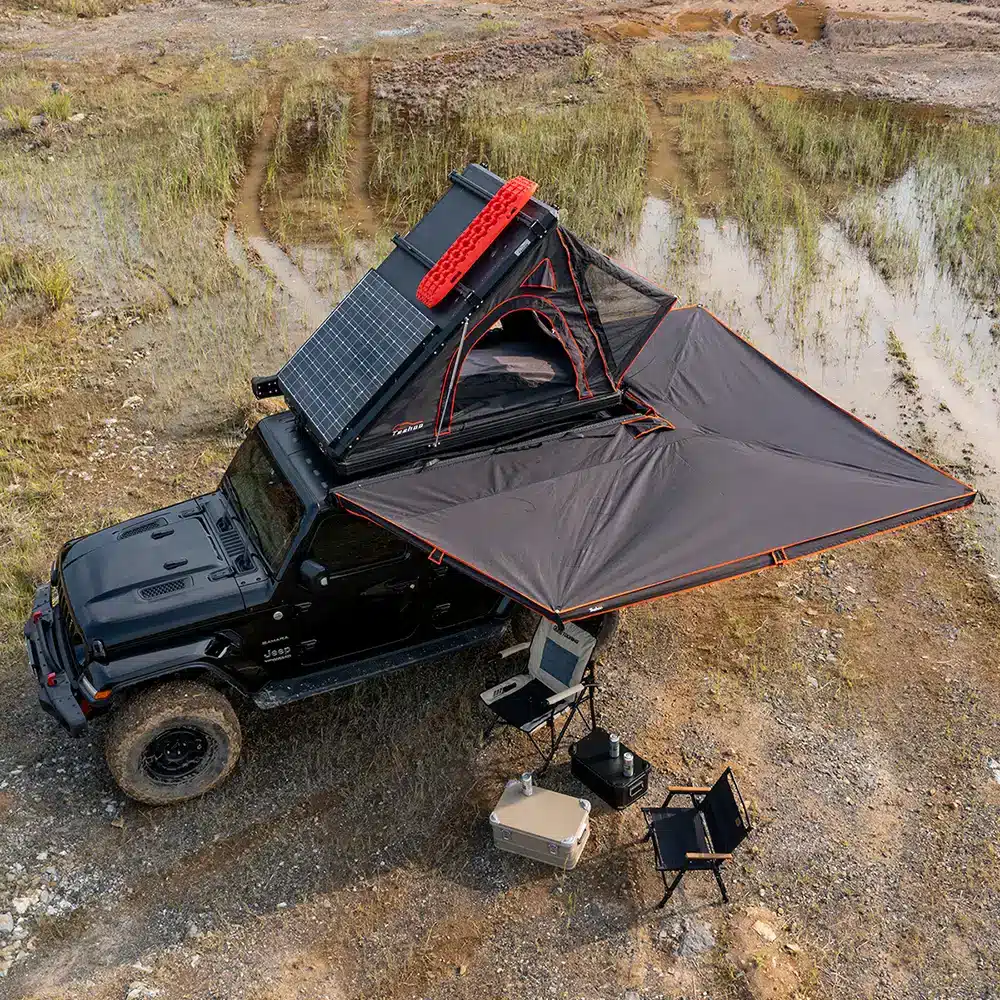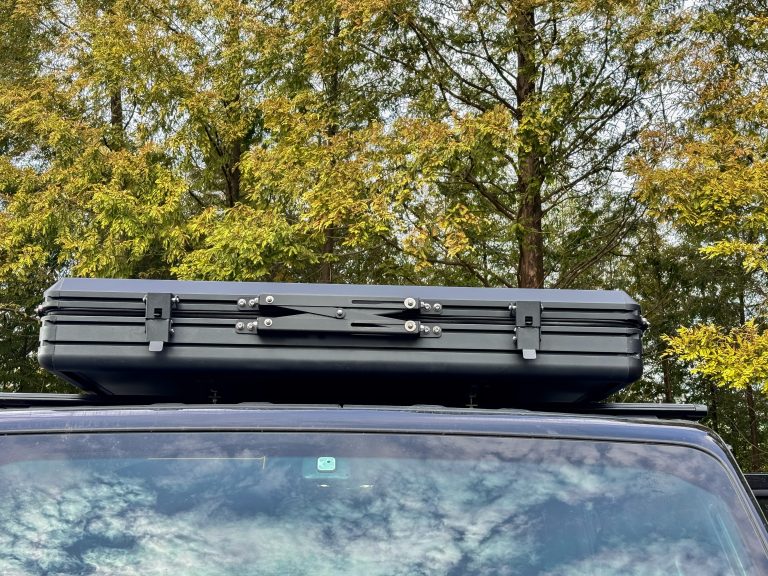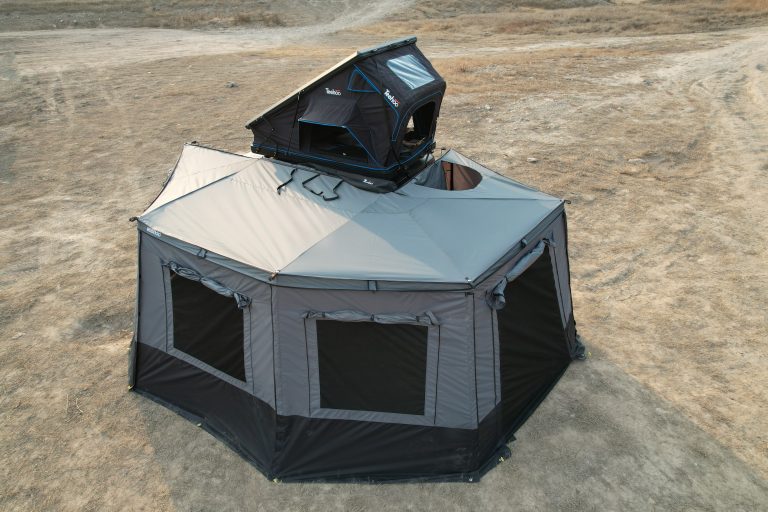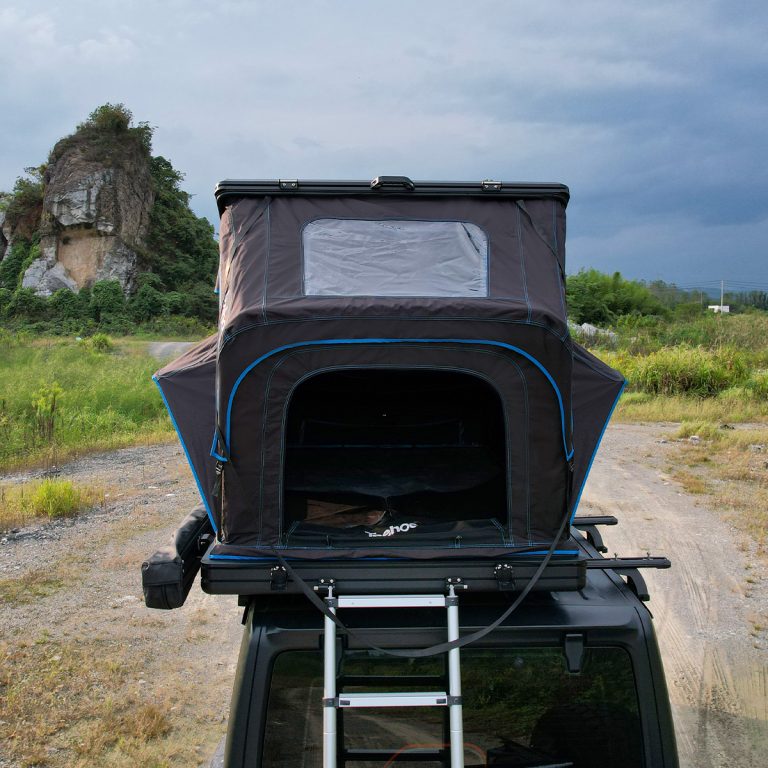
The Evolution of Rooftop Tents: From 1930s Survival Gear to Smart Camping (2025 Guide)
Rooftop Tents: A Century-Long Journey from Wilderness Survival to Glamping
1. Primitive Exploration Era (1930s–1950s): Adventurers’ Rudimentary Solutions
The earliest documented prototype emerged in 1938 when French explorers rigged wooden planks and waterproof tarps atop vehicles. Post-WWII, Australian outback ranchers welded steel frames to create basic rooftop shelters using canvas, revolutionizing desert expeditions across the Simpson Desert.

2. Industrial Prototyping Phase (1960s–1980s): Dawn of Mass Production
At the 1961 Hannover Industrial Expo, Germany unveiled the first foldable hard-shell rooftop tent featuring aircraft-grade aluminum and spring-assisted mechanisms. The 1970s saw Australian brand Autohome pioneer hydraulic lifting systems, reducing setup time to 5 minutes while integrating memory foam mattresses.

3. Technological Revolution (1990s–2010s): Material Breakthroughs & Functional Evolution
300% stronger tear-resistant polyester composite fabrics
40% lighter carbon fiber frames with 300kg load capacity
All-season adaptability with -15°C thermal insulation
Integrated amenities: LED lighting systems, solar charging ports
4. Smart Camping Era (2020s–Present): Technology Redefining Outdoor Experiences
Next-gen innovations now deliver:
Voice-controlled electric升降 systems with mobile app integration
Real-time environmental monitoring (temperature/humidity/air quality)
Panoramic skylights + magnetic blackout curtains
Modular expansion ports (compatible with awnings/shower systems)

Industry Growth Metrics
Global market value surged from 230M(2015) to 230M(2015)to 1.27B (2023), with Asia-Pacific dominating 38.6% CAGR (Global Market Insights). Tesla Cybertruck’s aerodynamic design has accelerated demand for low-profile, wind-resistant models.

Future Frontiers
Emerging technologies include:
NASA-derived aerospace materials
Photovoltaic-integrated tent fabrics
AI-driven climate adaptation systems
Transitioning from survival gear to intelligent mobile habitats, rooftop tents are fundamentally transforming modern nomadic lifestyles.

Conclusion: Rooftop Tents—From Necessity to Lifestyle
From a basic need for safe, dry sleeping spaces to a booming global market, the evolution of rooftop tents reflects how outdoor living has become a part of modern lifestyles. Understanding this journey helps outdoor brands and B2B buyers better anticipate market needs and align with future trends.
If you’re looking to stay ahead in the rooftop tent business, keeping an eye on innovation, sustainability, and user experience is key.
📩 Need premium rooftop tents or customized solutions for your market? Contact Teehoo today for a quote or sample!


